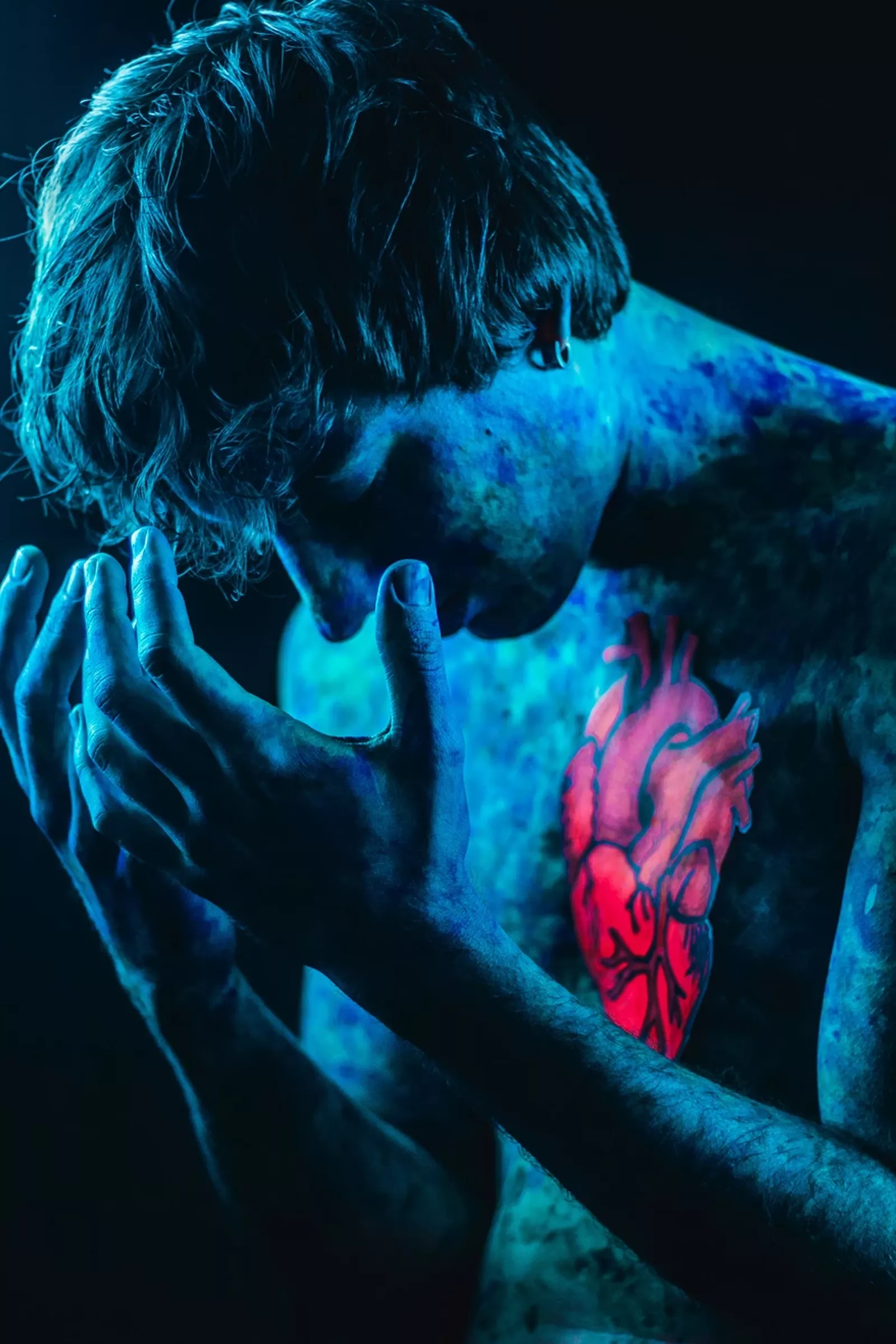A Conversation with Superman: Understanding the Roots of Drug Addiction
I asked him what he felt when he was doing PCP, and his eyes lit up. “Like Superman.”
“Superman?”
“Like nothing could ever stop me. I was invincible.”
I prodded further. “What made you get clean?”
This time his eyes narrowed, and he looked down, ashamed. He told me that after taking PCP he woke up two days later unsure of where he was, even though he was parked outside of his childhood home. After that, he no longer felt safe using the drug.
He opened up about all the other drugs he had tried. I asked which other drug elicited the strongest emotional response.
“Ecstasy. Ecstasy made me want to kill myself because I felt too much. Like all of my emotions hit me at once.”
So we had a person who had tried every drug under the sun, including heroin, meth, and cocaine, but two drugs stood out, one that made him feel like Superman, and one that made him feel so emotionally vulnerable he attempted suicide.
We continued our conversation. We started talking about our childhoods, how he was raised across the street from the house I had purchased. The moment we started talking about his father, an interesting response caught my attention. “My father was Superman.”
“Superman. Interesting?” I paused.
“Dad could do anything, lift me up with one arm, fix anything that broke down on vehicle, patch drywall, and throw me up so high in the air I thought I’d never come back down. My dad was invincible."
I asked, “Was your dad really invincible?”
He said he couldn’t be because he died. And then I had to wonder, did this man choose to do PCP because in his own head it made him feel like no one could ever stop him? Did PCP make him feel like his childhood hero, the over-idealized version of his invincible father?
I wanted to understand if it was possible that the drug PCP and the association with that Superman feeling of invincibility made sense. A friend of mine mentored countless people through addiction ranging from alcoholics to opium users. I consider the man one of my personal heroes for not only overcoming his desire to drink after 26 years but also for being a empathetic listener. I was sure he had heard every story related to addiction one could tell. We finally got to the conversation about PCP and the link to invincibility. He said two words: “entirely possible.”
And then he told me that different drugs are different things to different people, but they are all looking for one of two things, to attain some feeling, or to numb one.
The day we spoke about this happened to be my birthday. I said I was going to get a birthday drink, and he offered to pour me a glass of whiskey out of his husband's bar. I watched him pour the shot. He spilled a few ounces of whiskey onto the mat under my glass. With shaking hands, he cleaned up the alcohol and brought the soaked napkin to his nose. “It smells so good.”
I asked him “Hey weren’t you a bartender?”
He said he was. And so I knew that he was entirely capable of pouring that shot of whiskey without spilling it, but that he had spilled it to take a sniff to catch a forbidden whiff of the toasted vanilla, with that buttery mellowness, and it was all that he would allow himself to do.
We sat down to talk. He watched me sip my drink, and then he said to me that he would not talk about personal matters while I drank. I said okay and slid the glass out of my own reach to the other side of the table. He looked at me with a cocked eyebrow and he said: “I thought you wanted a birthday drink.”
I told him, “Not as much as I want to talk with you!”
He asked what alcohol was to me. I blurted out, “It’s just liquid empathy.”
He laughed and said as long as I knew what it was to me, he had no problem if I finished my drink.
Later I put together these two conversations in my head. I had judged the PCP addict for his addiction, for wanting to feel like Superman, and I had judged the sober alcoholic for his spilling of whiskey on the mat, even though both had quit their drug of choice. Before listening to them with an open mind, I didn’t understand that addiction was attached to the feelings invoked in the addict. Drug addicts were self medicating emotions, albeit in a harmful way.
I'd thought a person only did drugs because they were bored, lonely, unemployed or a aimless loser. Until that moment I hadn't realized that the drugs we seek are an attempt to create an emotional balance. We are all desperately looking to be fulfilled. I understand that drug addiction isn’t hard to quit only because of the drug, but also because of the emotions we carry around that we are afraid to face. I believe that is why it is so important to have a healthy community, one where we can talk openly and honestly about our struggles, and hopefully find the courage to confront whatever we are grappling with in the knowledge that we are not alone.

